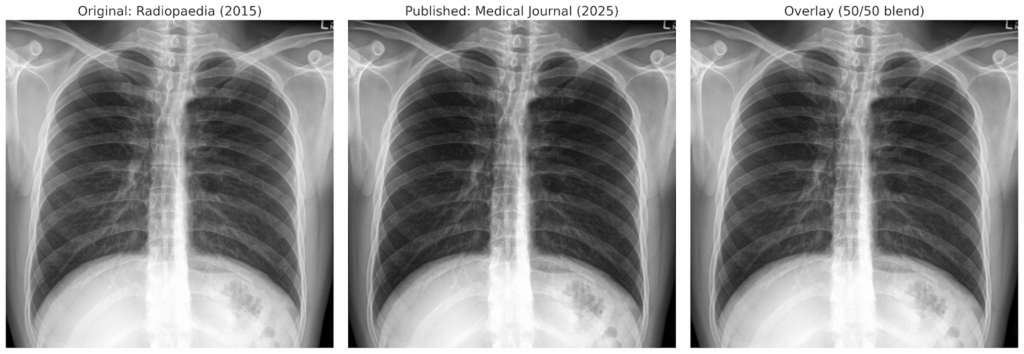New retraction guidelines from the Committee on Publication Ethics include more specific details about when to retract a paper, many of which address paper mill activity. For instance, journals should retract articles when “authorship of the publication cannot be verified or there are serious concerns about accountability for the research,” according to the updated guidance, released today.
COPE also recommends retracting papers with “any form of misrepresentation,” including “deception; fraud (eg, a paper mill); identity theft or fictitious authorship; or undisclosed involvement of artificial intelligence (AI).”
The organization has also released a new, separate guidance for expressions of concern. Both documents reiterate the as-soon-as-possible timeframe for notices and give more specific details on what information should be included in each type of notice.
Continue reading New COPE retraction guidelines address paper mills, third parties, and more


